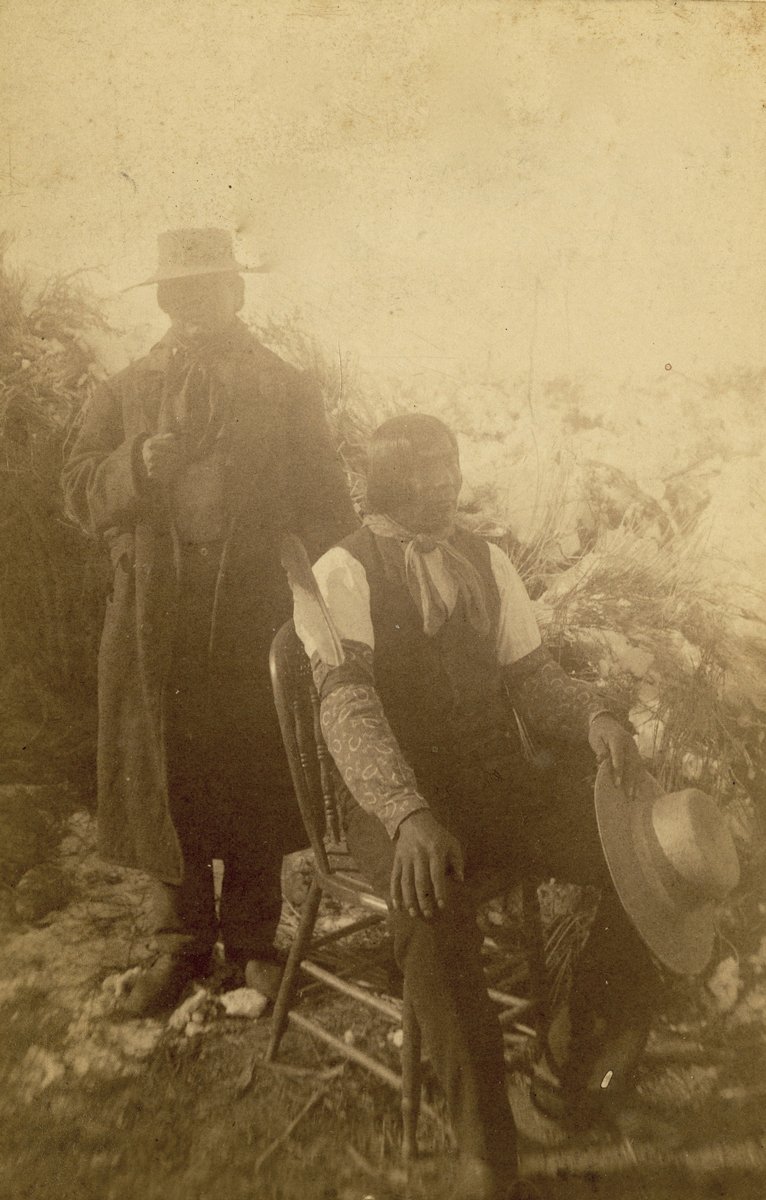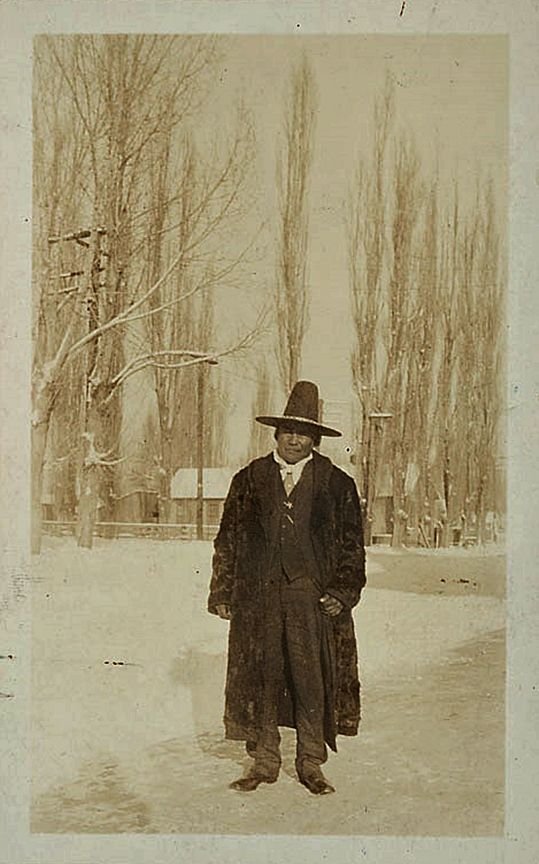Wavoka
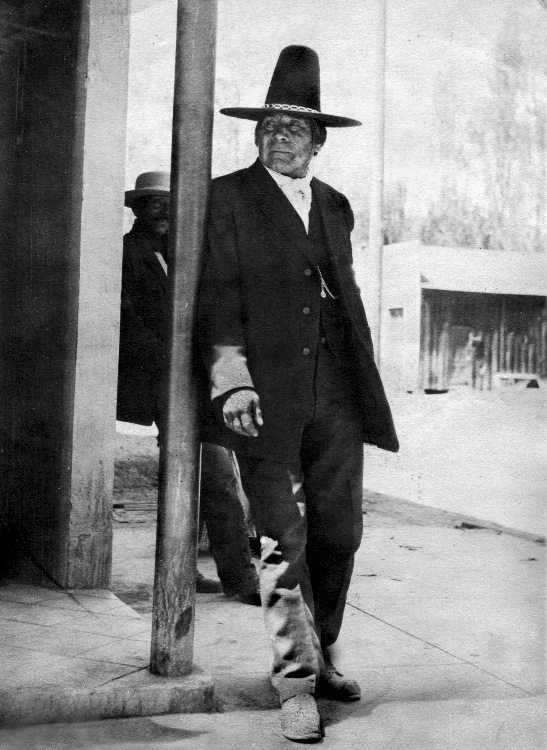
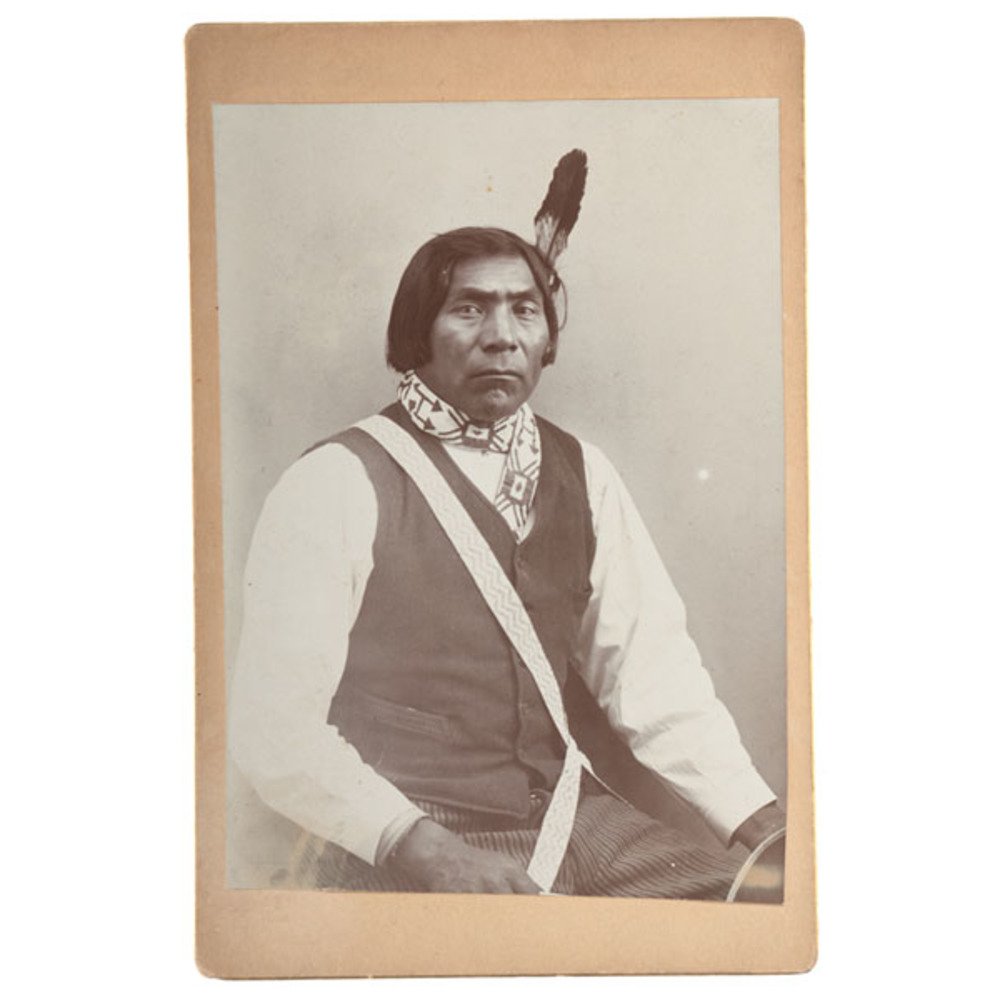

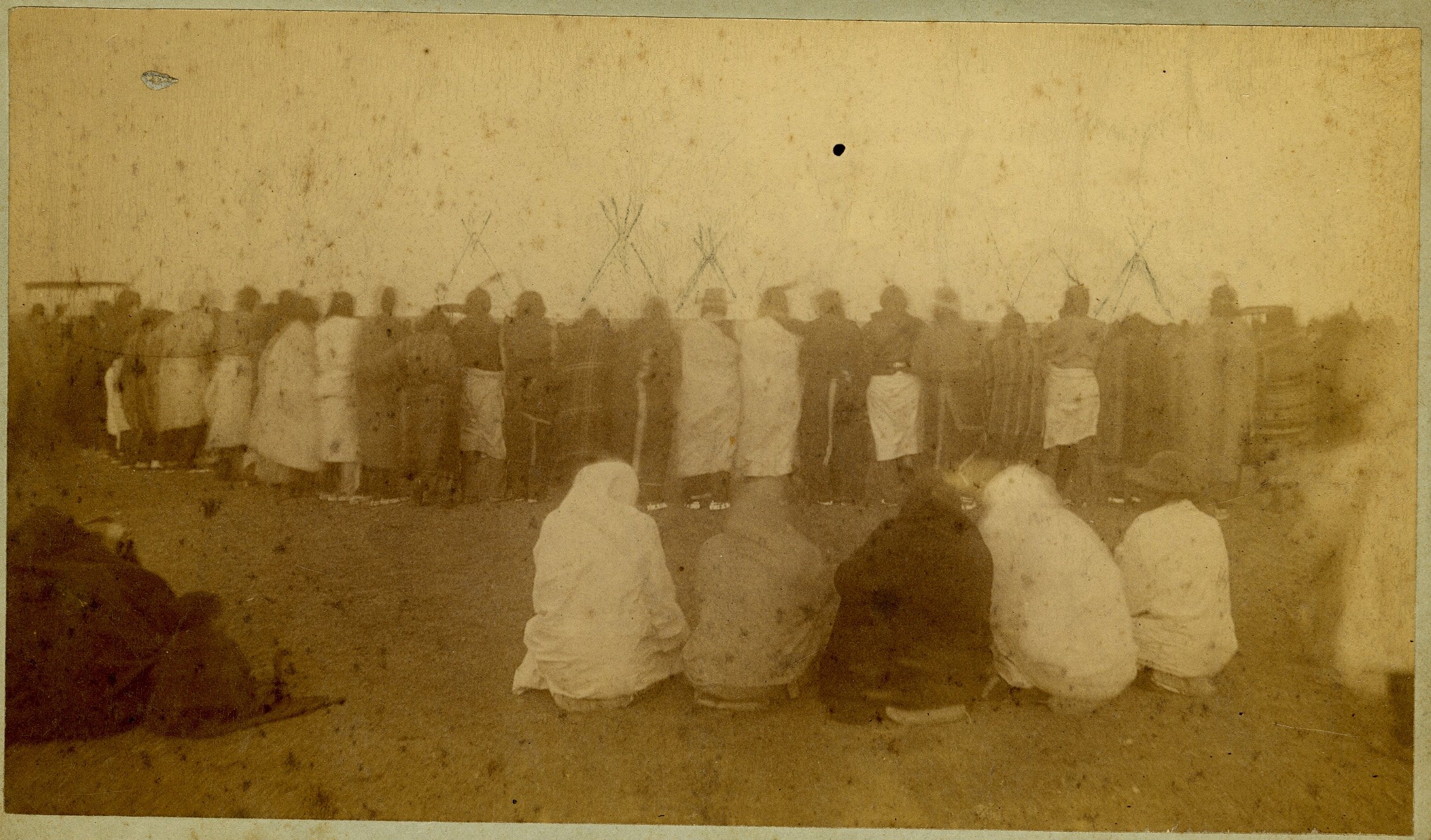
On the label of our “Senex” cuvee, there is an image of the Paiute prophet, Wavoka, aka Jack Wilson. Wavoka popularized the Ghost Dance movement among natives, which was quickly stigmatized and ultimately outlawed by the US Government because of the widespread spiritual empowerment it restored to natives after the colonization of the west in the later 1800s. According to the scholarly paper by L.G. Moses, Wavoka spent time in his 20s while wandering California and may have worked as a picker in Sonoma and Mendocino. It was after these “lost years” that he had the vision for which he earned one of his many namesakes, “the seer”. In the tradition of the Paiute medicine-men “dreamers”, during a vision, Wavoka was instructed to go forth and teach the Ghost Dance in order to heal the ongoing strife throughout the west.
Native peoples have been working in stewardship of the land for millennia and are in explicit understanding that the land is the authority to which people are in cooperative service. Recently, in the wine country and across the western states there has been rampant drought and wildfire. At Bardos we revere traditional practices that are in service of the land in hopes of repatriating to a reciprocal relationship with the land in order that all may live in harmony with our shared environment. Wavoka is a powerful and inspiring figure to whom we are grateful and remain in esteem.
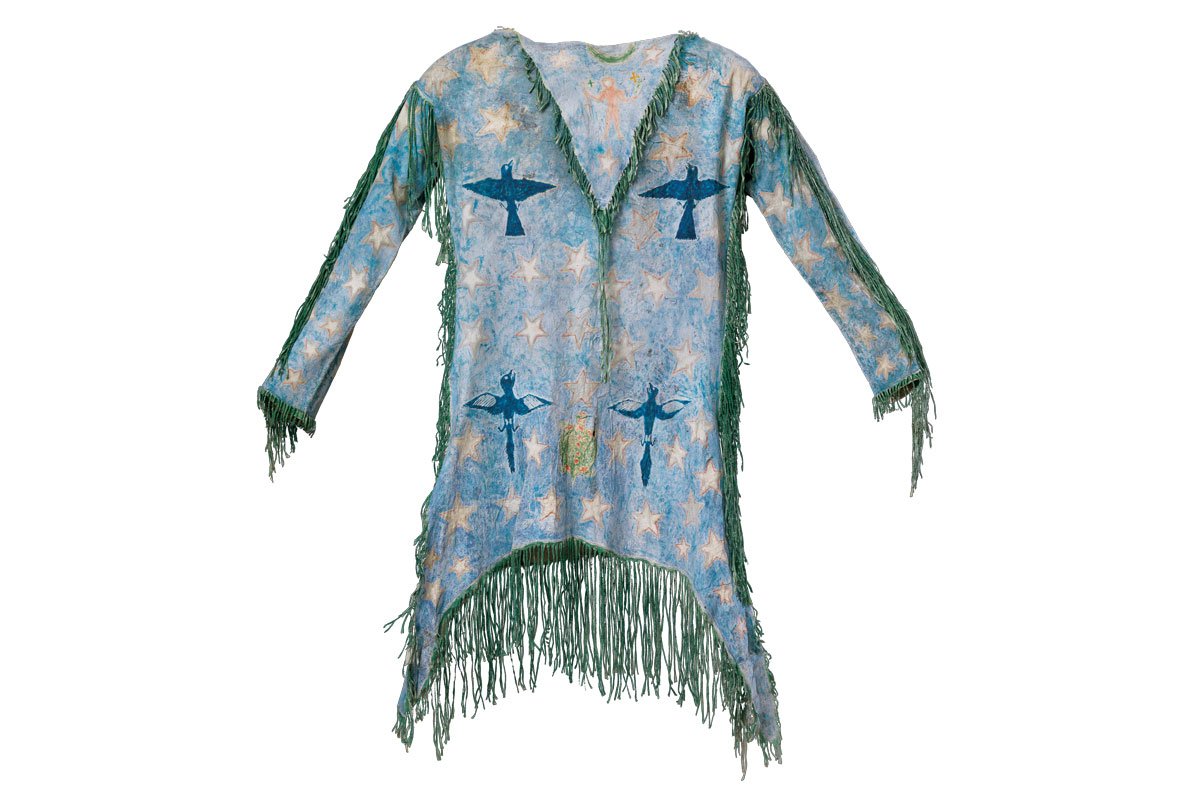
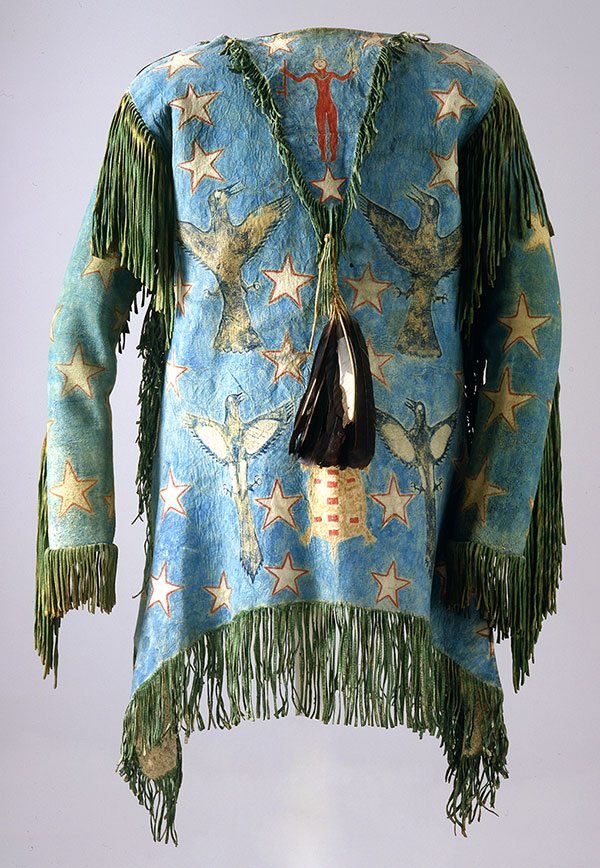
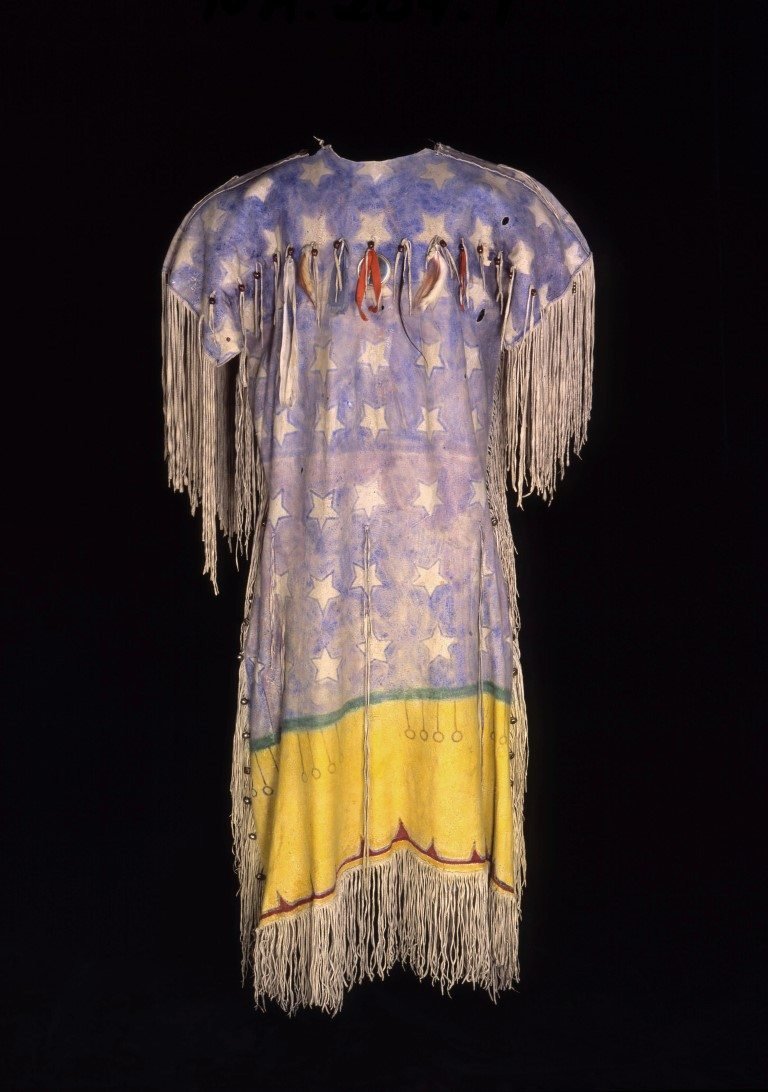
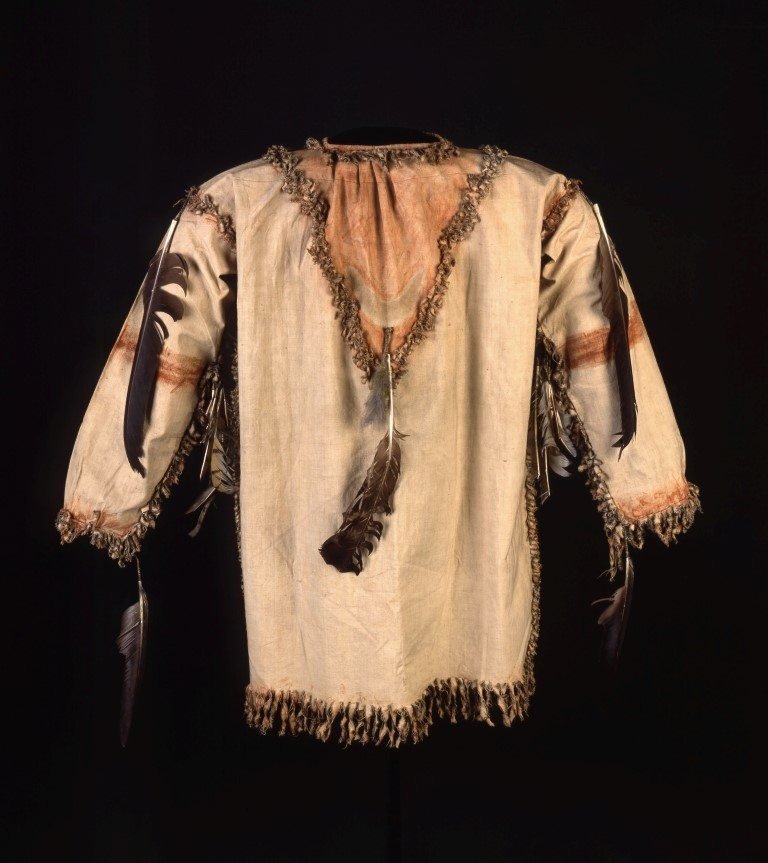
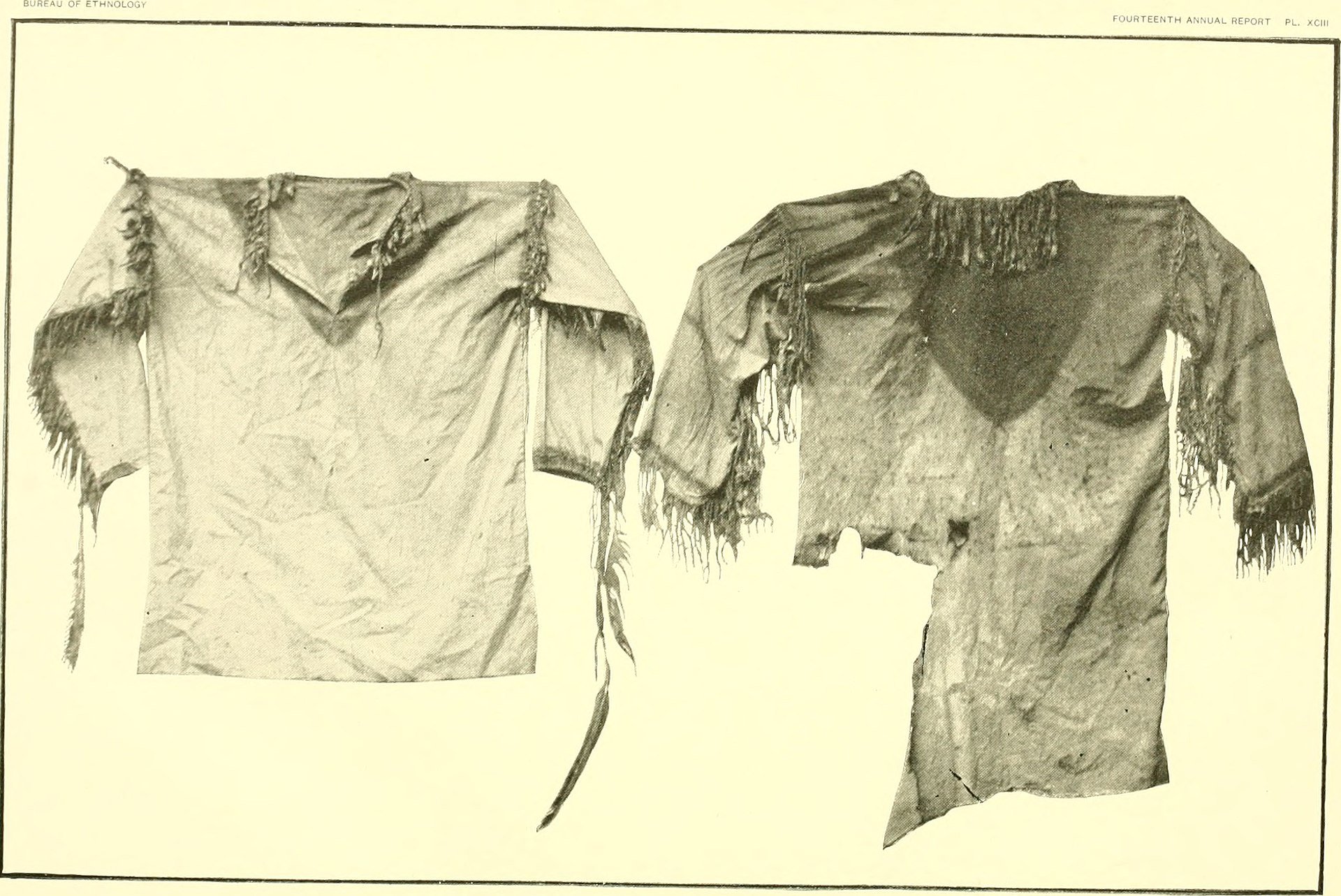
“Ghost shirts are shirts, or other clothing items, worn by members of the Ghost Dance religion, and thought to be imbued with spiritual powers. The religion was founded by Wovoka (Jack Wilson), a Northern Paiute Native American, in the late nineteenth century and quickly spread throughout the plaines tribes.
Ghost shirts, sacred to certain factions of Lakota people, were thought to guard against bullets through spiritual power. Wovoka opposed rebellion against the white settlers. He believed that through pacifism, the Lakota and the rest of the Native Americans would be delivered from white oppression in the form of earthquakes. However, two Lakota warriors and followers of Wovoka, Kicking Bear and Short Bull, thought otherwise, and believed that Ghost shirts would protect the wearer enough to actively resist U.S. military aggression.” Wikipedia

